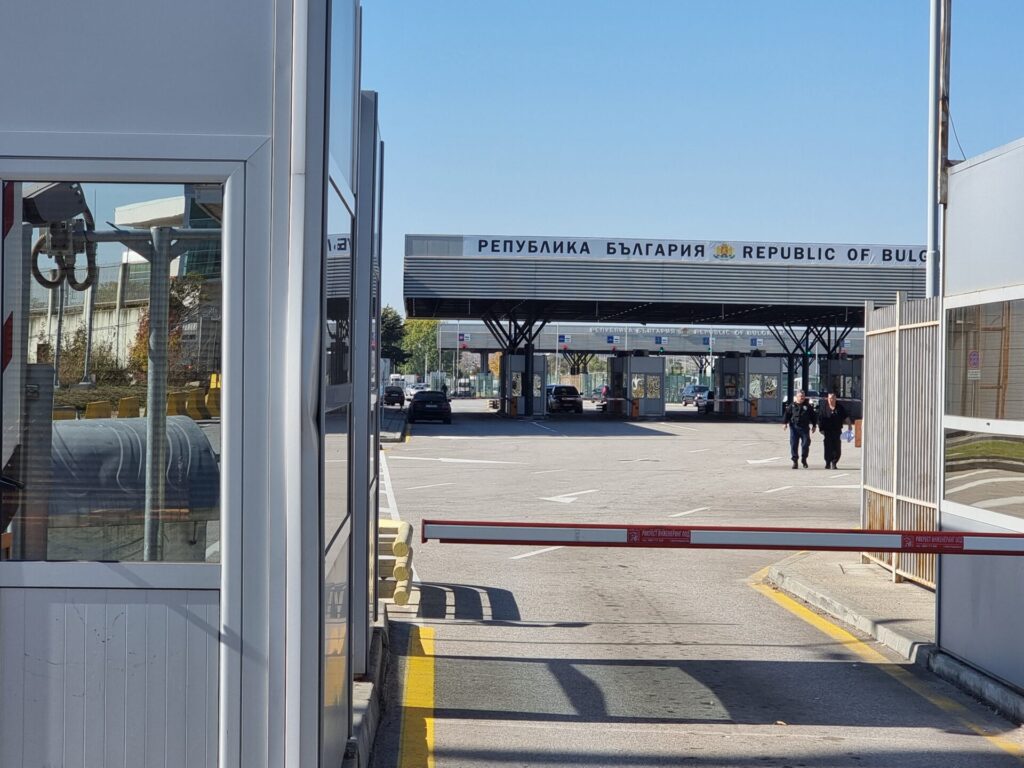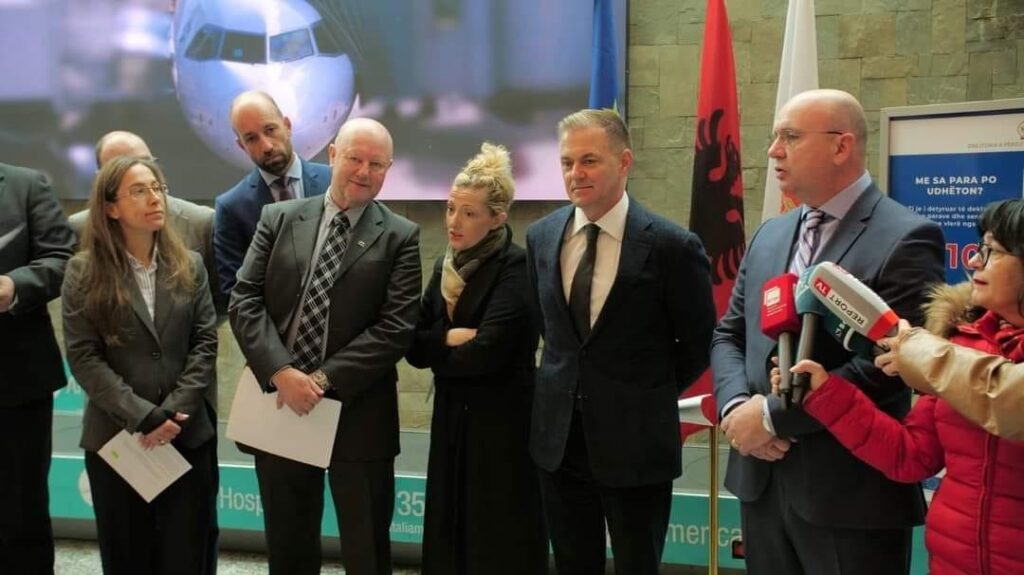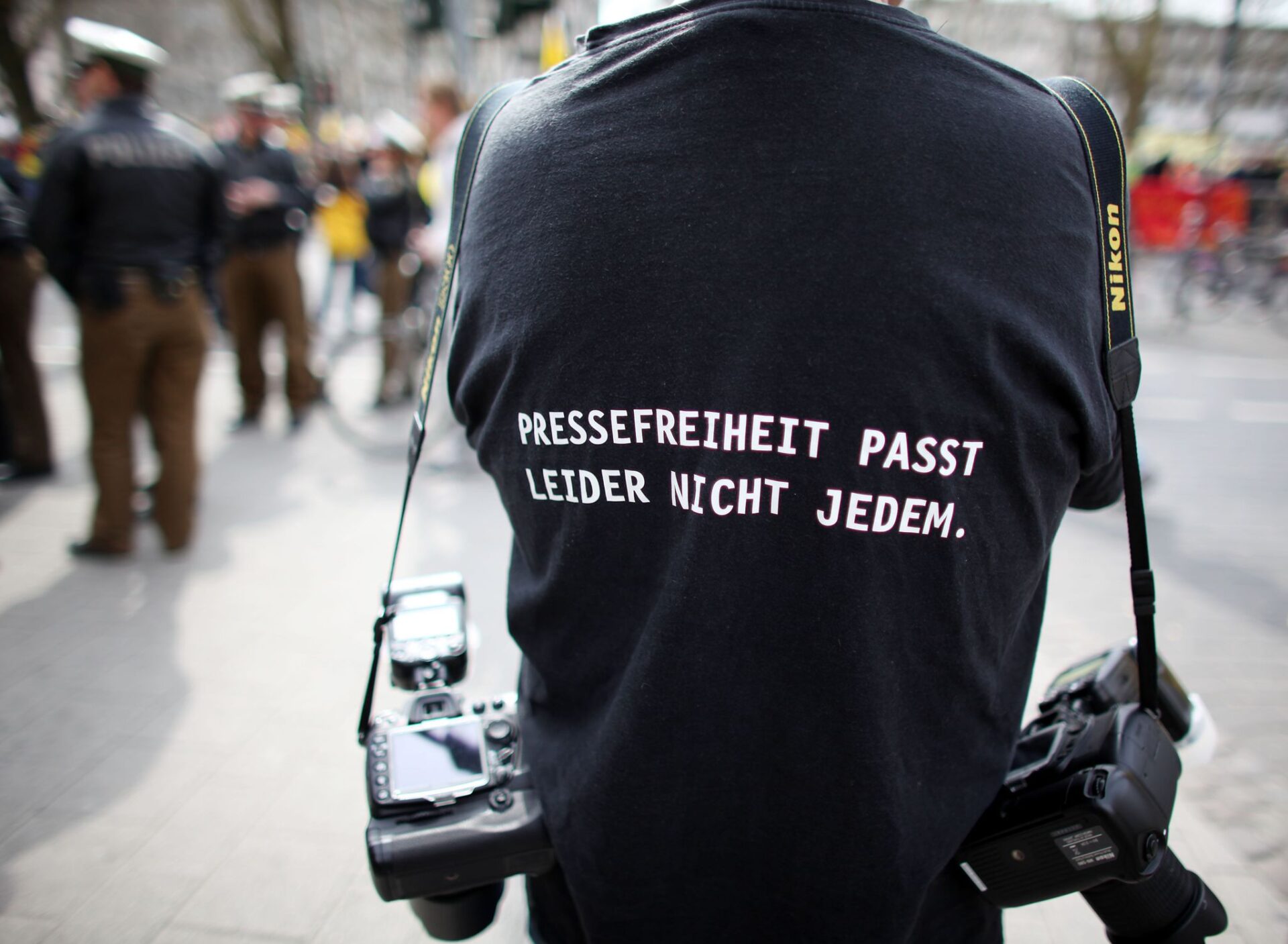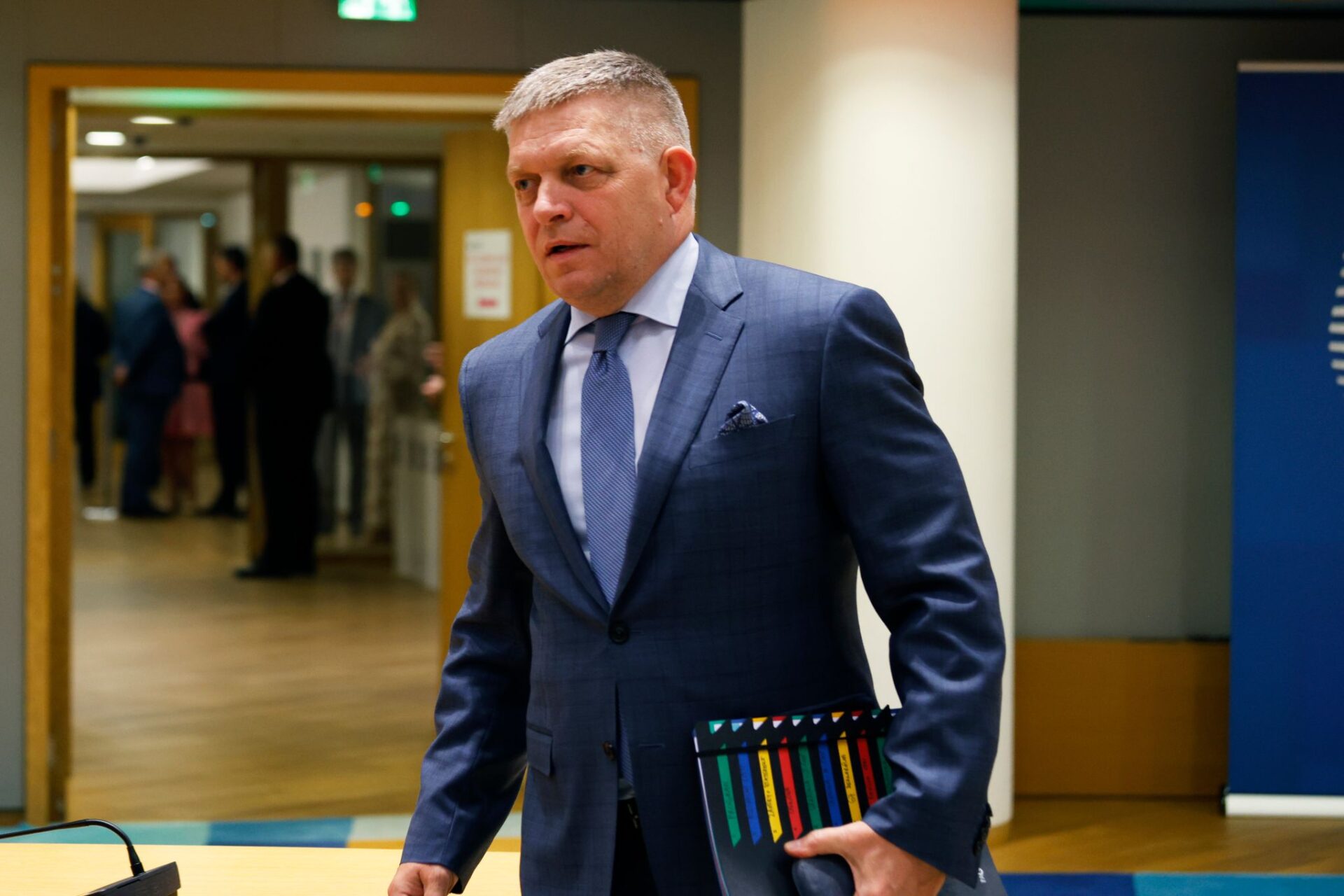 Have the article read by OpenAI (Beta). Please note that AI translations may take some time to process.
Have the article read by OpenAI (Beta). Please note that AI translations may take some time to process.Fico: EU’s decision to start accession process with Ukraine overrated
Brussels (TASR) – Ukraine deserved European prospects but Thursday’s decision of the European Council to start accession talks with Kiev was overrated, Slovak Prime Minister Robert Fico stated on Friday, following the two-day EU summit in Brussels.
The Slovak premier said he doesn’t understand the EU’s “obsession” with Ukraine, but he supported the opening of the accession process. At the summit, Slovakia didn’t even block the revision of the EU’s long-term budget, on which the leaders eventually didn’t agree.
“I’m a bit disturbed by the obsession with Ukraine, I also said it in my speech that we should be obsessed with our problems in the EU,” said the Prime Minister, adding that the leaders approved the opening of the accession process for Ukraine and Moldova without any criticism or internal analysis. They also granted the status of a candidate country to Georgia and agreed that Bosnia and Herzegovina will have the opportunity to open accession chapters in the foreseeable future.
“We close our eyes to the phenomena that are happening in Ukraine, but I said that the country deserves European prospects. However, he said, “this political gesture, which we have made, is overrated.” Hopefully, we don’t think that this will change the conditions on the battlefield,” said Fico.
“I wish Ukraine all the best in its European outlooks,” noted Fico and pointed out that he was set to meet in January with Ukrainian Prime Minister Denys Shmyhal at the Slovak-Ukrainian border. In addition to the agreed topic of providing humanitarian and civil aid, he wants to offer him the experience that Slovakia had with the accession process.
In this context, Fico criticised the fact that the leaders at the summit didn’t make a positive decision in the case of Bosnia and Herzegovina. According to him, this country can be described as a ‘barrel of gunpowder’ – also because of the strained relations between the Republika Srpska entity of Bosnia and Herzegovina and the UN high representative, and those between the country’s individual communities. (15 December)

The Netherlands lifts veto on Bulgaria’s Schengen accession, Austria’s still in place
The Dutch government agreed to lift its veto against Bulgaria’s accession to the Schengen area, Dutch Prime Minister Mark Rutte and Bulgarian Prime Minister Nikolay Denkov said after the EU leaders’ summit in Brussels on December 13-15. The Dutch government has sent a letter with its decision to the country’s parliament. It recalls the results of the last European Commission’s fact-finding mission to Bulgaria and notes that no shortcomings were found.
“The Bulgarian government implemented reforms in the rule of law. Therefore, the conclusion was that Bulgaria has met the requirements to join the Schengen area,” the Dutch cabinet pointed out.
“For years, we have been stopping the accession of both countries. Last year, we gave a positive assessment for Romania, now we have to be honest and take this step for Bulgaria as well,” Rutte noted.
His caretaker government is obliged to inform Parliament about every decision it takes. Decisions do not have to be put to a vote by MPs, but Parliament can decide to veto them.
Bulgarian Prime Minister Nikolay Denkov expressed his expectations of a positive assessment from the Dutch parliament. He stressed that a very difficult road had been travelled in recent months to make this possible.
“The laws adopted by the National Assembly, the closure of the European Commission’s Mechanism for Cooperation and Verification, the positive results of the mission in Bulgaria, which was attended by representatives of The Hague and Vienna. All these were right signs and they led to the fact that we expect a positive development,” Denkov stated.
He added that the negotiations with Austria were continuing. “Different options are being discussed. Certainly, without a positive decision from the Netherlands, the talks would be redundant. This was extremely important,” Denkov stressed.
According to Deputy Prime Minister and Foreign Minister Mariya Gabriel, the decision of the Dutch government to let Bulgaria join Schengen is an “extremely positive sign.” Commenting on the upcoming decision of the Parliament in The Hague, she added that she expected there to be consistency.
“When you work with facts and when you consider a decision to be fair as results have been achieved, we should have such a decision in the parliament as well, of course respecting their right to debate and take it in accordance with their rules,” Gabriel told bTV on December 17.
She pointed out that Bulgaria had a strong position because of facts and results and recalled that the European Commission had recognized that Bulgaria had a strong border management system and was key to protecting the external border of the European Union. (15-17 December)

The EU supports the Albanian authorities in the fight against money laundering
Tirana (ATA) – The EU is supporting Albania’s awareness campaign on declaring money at the border.
The State Police and Customs of Albania, with the support of the European Union, the Council of Europe and the German Government, have launched an awareness campaign for tracking the illegal transport of money.
The campaign aims to inform travellers about the rules for transporting money in and out. Travellers must declare amounts above 10,000 euros to the customs authorities, at the time of entry to or exit from Albania, to avoid the risk of violating legal obligations in the fight against illegal transportation and money laundering.
The cap set is part of Albania’s efforts to secure state borders within the framework of the EU accession process. The campaign is being carried out through informative posters placed at all border points, as well as insights posted on social media. (18 December)

EU agreement: Better protection for media against political influence
Brussels (dpa) – The EU wants to better protect journalists and media companies from political interference. According to a press release, negotiators from the European Parliament and EU member states agreed on the so-called European Media Freedom Act in Brussels on Friday. One of the aims of the project is to ensure greater transparency in the industry, for example in the ownership structure of media companies or the allocation of state advertising funds.
Especially in countries such as Hungary and Poland, where the state has a direct influence on the media, the EU believes that this has become a major problem in recent years. It wants to remedy this with the law. However, publishers had expressed concern before the agreement was reached that certain provisions threatened rather than protected press freedom.
German newspaper and magazine publishers maintained their critical stance on Friday. The Federal Association of Digital Publishers and Newspaper Publishers (BDZV) and the Media Association of the Free Press (MVFP) stated: “While the press is struggling with economic, regulatory and competitive challenges, the EU is tightening a corset that does not address any of the problems and instead jeopardises press freedom.”
Germany’s Minister of State for the Media, Claudia Roth (Greens), on the other hand, called the EU agreement “very good news.” According to her, the law ensures that freedom and diversity of the media in Europe will be strengthened and safeguarded. She also referred to the changes that had been achieved, which were important for publishers, public broadcasting and journalists in Germany. Roth assured that the well-functioning German media system would not be interfered with.
According to the agreement, the EU states must guarantee effective protection for journalists in the future. In particular, spying on journalists is to be prevented. However, there could be exceptions to this. The national supervisory authorities should also work together in a new committee for media services at EU level, the agreement proposes.
There are also to be clearer rules for the relationship between media companies and large online platforms such as Facebook, which belongs to the Meta group, or Google. “The agreement marks an important milestone for media freedom and a great moment for safeguarding the rights of journalists in the EU,” said German MEP Sabine Verheyen, who led the negotiations for Parliament. (15 December)
This is a compilation of the European coverage of enr news agencies. It is published Tuesdays and Fridays. The content is an editorial selection based on news by the respective agency.
